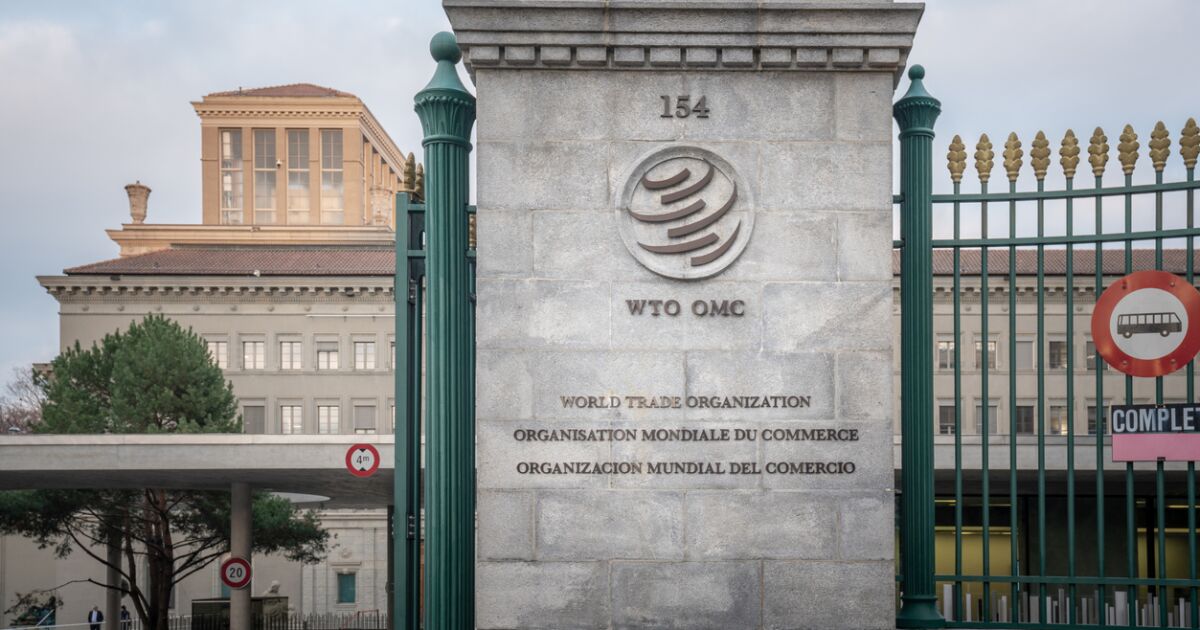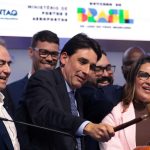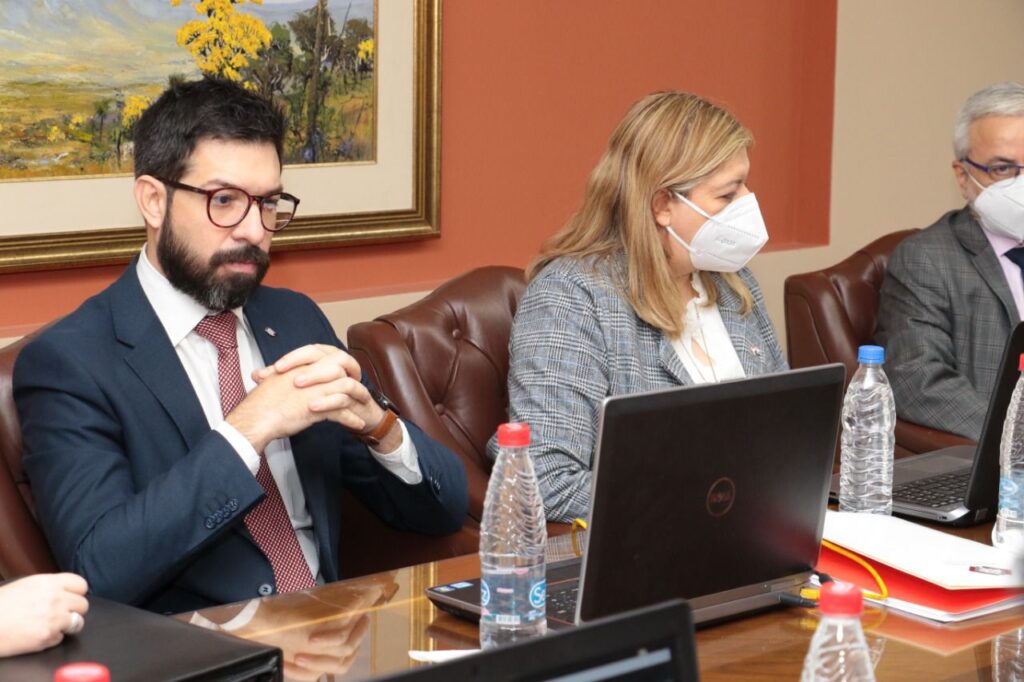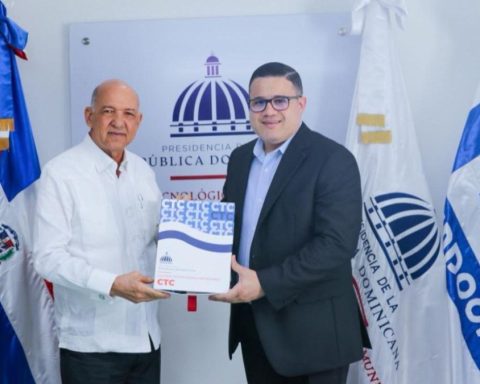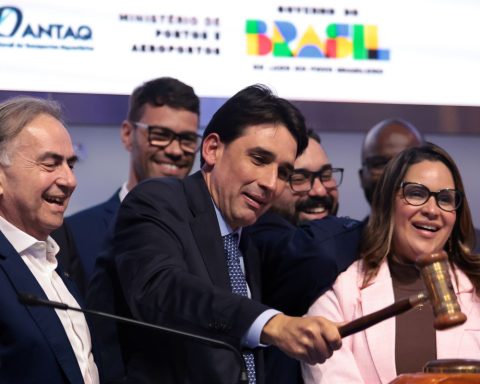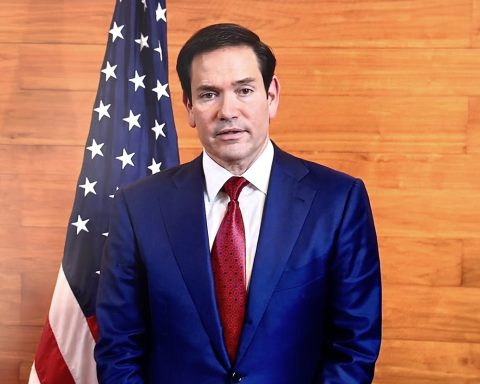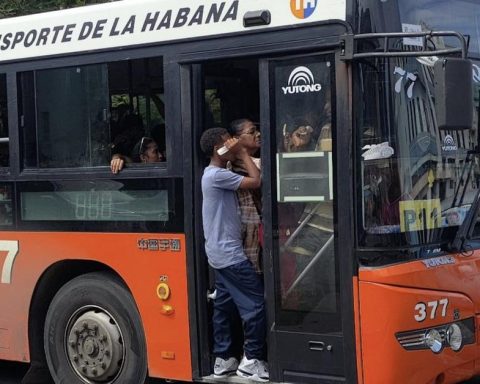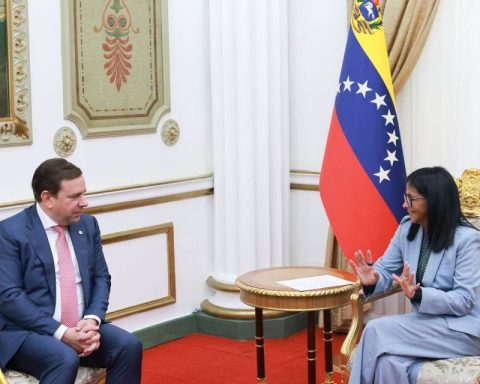“For example, the Philippines has its very bureaucratic processes and still uses the fax machine. This slows down the process that in the end benefits a flow of world merchandise, an economic spillover from global international trade”, warns the academic.
Hence, the group of academics who worked in Geneva, headquarters of the WTO, left as a proposal the creation of “a fund for less developed countries, but that it go exclusively for the digitization of customs,” says Velazco.
He adds that the governments of the countries also have to be part of the financing to achieve digitalization.
“We do not think that international trade for something as minimal as a tariff barrier can save the lives of people who suffer from malnutrition problems,” he says.
Customs barriers
In recent years, mainly due to the trade war that Donald Trump started against China when he was president of the United States, the need to stabilize these trade barriers became clear.
What has to be done is to monitor the implementation of these barriers, as well as the way in which disputes between countries are resolved, since “it generates a certain tension, it hinders the creation of free trade agreements; it makes the whole process more complex”, warns the academic.
MFN
The WTO has established the criteria to determine which countries are less developed, those that are developing and those that are developed; the same happens with the most favored nation determination, which receives preferential treatment when doing business with other countries.
However, there are cases like China and India, which could well be considered as developed nations.
Other issues that need to be worked on, concluded Pamela Velazco, have to do with “giving way to young people who work in the WTO”, as well as keeping climate change on the agenda, mainly to find out how international trade can be “less harmful” to the environment.
